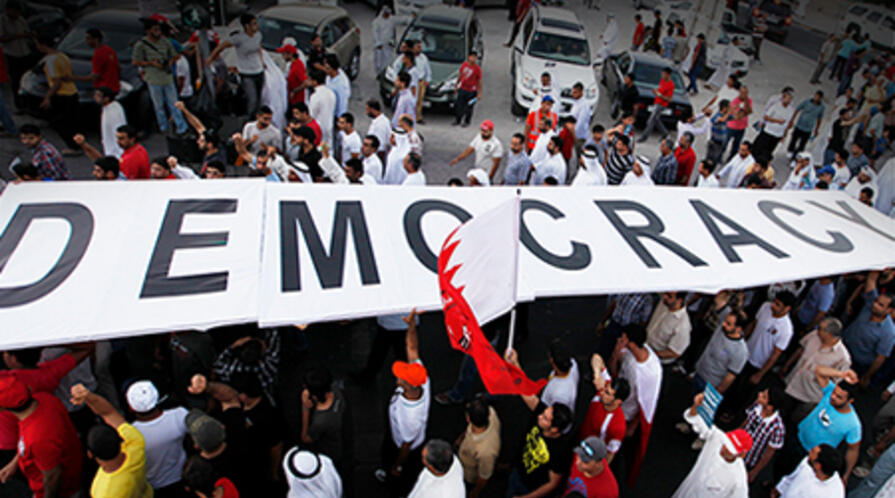Global Democracy Leaders Gather Virtually for the 2021 Draper Hills Summer Fellowship
This week we launched the long-awaited 17th year of the Center on Democracy, Development and the Rule of Law's Draper Hills Summer Fellowship Program. Founded in 2005 with generous support from Bill and Phyllis Draper and Ingrid von Mangoldt Hills, Draper Hills is an executive training program for world leaders striving to promote democracy. For the next two weeks, Fellows will participate in workshops led by an interdisciplinary team of faculty to study new theories and approaches to democratic development.
Fellows in the class of 2021 were selected from among thousands of applicants for their ground-breaking work to defend democracy. These 34 leaders drawn from 30 countries around the world are pioneering new approaches and models to advance social and political change in some of the most challenging global contexts. Representing business, government, and the nonprofit sector, our fellows are working on the frontlines of democratic change to combat the global rise of authoritarianism and populism. In countries moving towards democracy, our fellows are working to institutionalize new systems and practices to support democratic transitions.
An Unconventional Year
Traditionally, Fellows would travel from their home countries to the U.S. and spend three weeks on campus at Stanford learning together. However, due to the ongoing COVID-19 pandemic, the program is currently taking place virtually for the first time (for the same reasons, the program did not run in 2020). The shift to online programming posed a number of logistical obstacles – from what time to run virtual sessions when participants span over a dozen time zones to how to foster the sense of belonging and personal connections that occur more naturally in in-person settings.
To begin addressing the latter, Fellows were sent welcome packages to build excitement and foster community both within the program and at Stanford. Upon receiving hers, Aisha Yesufu of Nigeria shared, "I am so excited at the different people I'll be meeting from all over the world, and also learning from different people, lecturers, professors... It's going to be quite interesting, and, for me, that is what I am most looking forward to."
"One of the most important things I have ever been involved with."
Opening against the backdrop of the fall of Kabul to the Taliban in Afghanistan, the importance of the Draper Hills program and the need to promote democratic change is now more evident than ever.
The inaugural session for the 2021 cohort began with Francis Fukuyama introducing the fellows to several of the esteemed faculty they will be learning from over the next two weeks, including Larry Diamond, Erik Jensen, and Michael McFaul. McFaul shared that not only did he found the program, but "it is one of the most important things I have ever been involved with." Jensen later added that "participating in this program is one of the great pleasures I have every year."
More to Come
Throughout the next two weeks, our Draper Hills Fellows will examine the political development, democratic transitions, and the relationship of law to economic development, public administration, administrative law, transitional justice, food security, and global health policy, among others. The group is eager to learn, and we look forward to seeing the many great things the training they receive here will enable them to do in their home countries and beyond.

For the next two weeks, Fellows will participate in workshops led by an interdisciplinary team of faculty to study new theories and approaches to democratic development.










